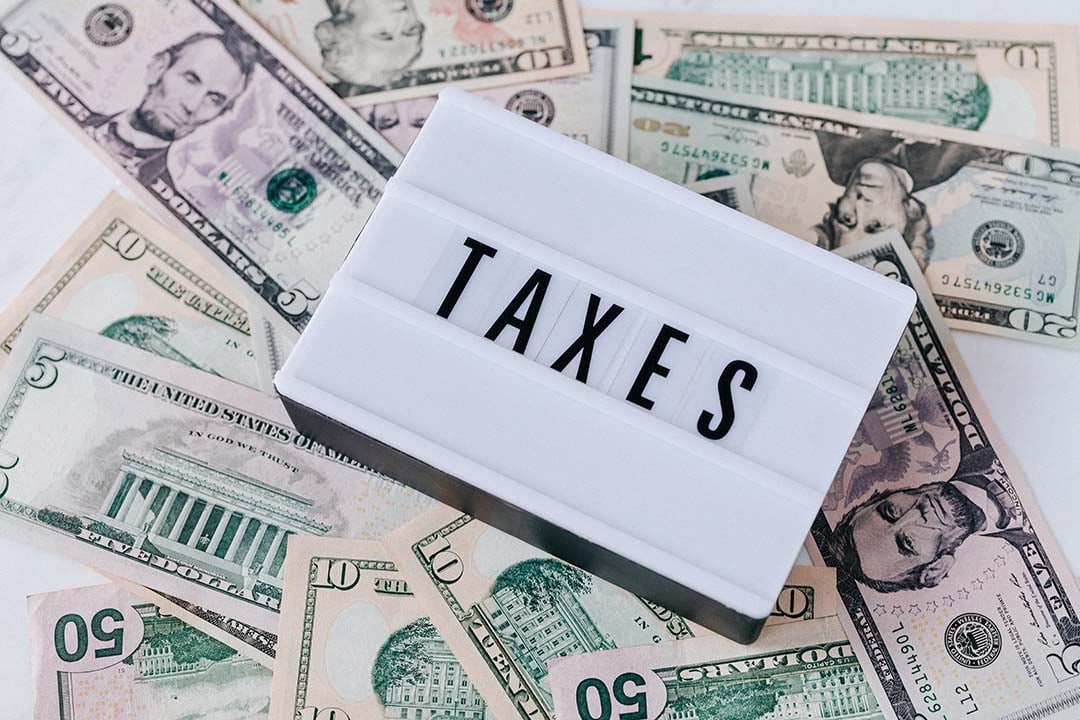There are many misconceptions that so many great event professionals have about how they're being classified as either a 1099 or a W-2 employee.
The reality is most people wanna be a 1099 for two obvious reasons:
#1 Flexibility over your schedule.
#2 Ability to write off expenses.
These are both valid reasons. However, I think our industry has operated this way for far too. With far too many misconceptions. And most importantly, people are missing out on far too much money and opportunities because of their misunderstanding of this.
W-2 and 1099 Similarities:
- You still get to freelance.
- You still get to work for whoever you want.
- You still get to work for multiple companies.
- You still get the write off on your taxes and your expenses.

IRS stake in W-2 two for tax revenue
For tax purposes it's harder to track if you're a 1099. So, that's one reason why we've all seen the attention on misclassification over the last five to seven years. And why things like AB5 in California, which more strictly defines those parameters for being able to be classified as a 1099.
These things are here to stay and they're gonna be expanding into the other states. California just started it and it's also a misconception that California is the only state that's placing a priority on this. Misclassification is a concern in all 50 states, because the reality is the IRS crosses all 50 states. And again, they want their tax revenue.
Department of labor's role
Here's the actual mission of the department of labor. The mission of the department of labor is to foster, promote, and develop the welfare of the wage earners job seekers and retirees of the United States; improving working conditions, advanced opportunities for profitable employment and assuring work related benefits and rights.
As the employee, these things were created to protect you, to make sure you are getting paid the right amount are given access to the benefits and accommodations you need. All of these things are to protect you the employee.
So out of this initiative through the department of labor has come hundreds of these 2-3 letter acronyms of rules that businesses have to follow in an effort to protect you, the W-2 employee, not the 1099. As a 1099, you don't get these protections.
Laws in place to protect W-2 employees
- Fair Labor Standards Act (FLSA)
- Affordable Care Act (ACA)
- American with Disabilities Act (ADA)
- Occupational Safety and Health Administration (OSHA)
- Family and Medical Leave Act (FMLA)
- Equal Employment Opportunity Commission (EEOC)
The FLSA oversees the protection to make sure W-2 employees are getting paid a reasonable wage and you're getting overtime. If you're working 5-10 hour days, you don't get any overtime as a 1099. As a W-2, you get 10 hours of overtime. So those are some of the things FLSA looks out for.
So, that's what I mean by all of these 2-3 letter law acronyms are designed to protect the W-2 employee, not the 1099.
Flexible schedule as a W-2 employee
You still get to be a freelancer own your own schedule, say yes to the gigs you want no to the gigs you don't want and work for multiple companies.
You also save money on workers' compensation because the companies by law have to provide that coverage for you If you're a W-2. You will no longer do you have to worry about showing certificates of insurance, making sure your worker's comp, is up to date. You also get paid faster and without having to generate invoices
Writing off Expenses
Although often it's more advantageous to take advantage of the standard deduction rather than the itemized. So it's up to you depending on how many expenses you're kind of, racking up as to whether you do the standard or the itemized, number six, you get access to benefits like unemployment.

Taxes Breakdown for W-2 Employees
If you are a W-2 making $75,000, you're only the employee portion of taxes because whoever hires you now it's going to cover the employer portion to the IRS.
$75,000 salary tax breakdown for a W-2 employee:
- 6.2% employee social security
- 1.4, 5% employee medicare
W-2 total: 7.65% or a little over $5,700 per year in taxes.
Taxes Breakdown for 1099 Employees
If you're a 1099 let's estimated that you make $75,000 a year in our industry. I'm gonna break down taxes and workers comp as an independent contractor. As a 1099, you are the employee and employer.
$75,000 salary tax breakdown for a 1099:
- 6.2% employee social security
- 6.2% employer social security
- 1.4, 5% employee medicare tax
- 1.4, 5% employer medicare tax
- 2.5% workers' comp
1099 total: 17.8% or $13,350 per year in taxes.
🚨 Click here to calculate your taxes as a W-2 vs 1099
Events Industry Pivot to W-2
Our industry is changing and it's actually becoming even better for the people working in it. You know, a decade ago, it was unheard of for a company to W-2. Now more than the majority of our industry is doing that. And yet, so many professionals are hesitant to get a W-2 because they don't understand what it really means for them.
The world is changing, not just our industry. Those who pay attention, adapt, stay in the know about the facts have a real opportunity ahead to stop leaving money on the table. What worked before is no longer working and is no longer applicable every single date, state or federal mandates come down for businesses.
You might like: The Benefits of Being a W-2 Crew Member
Find out how much money you could be leaving on the table as a 1099 vs W-2. 🔍
